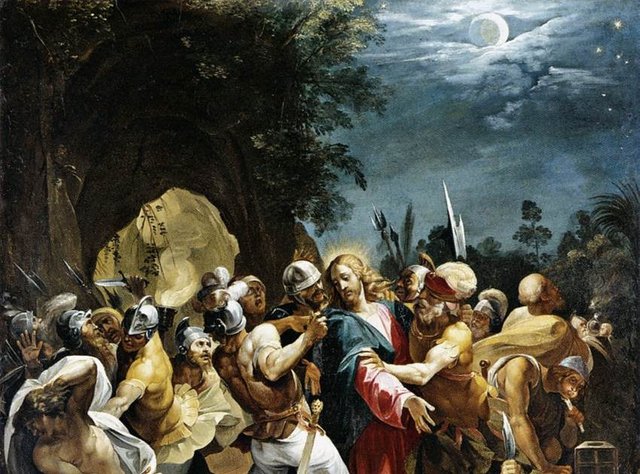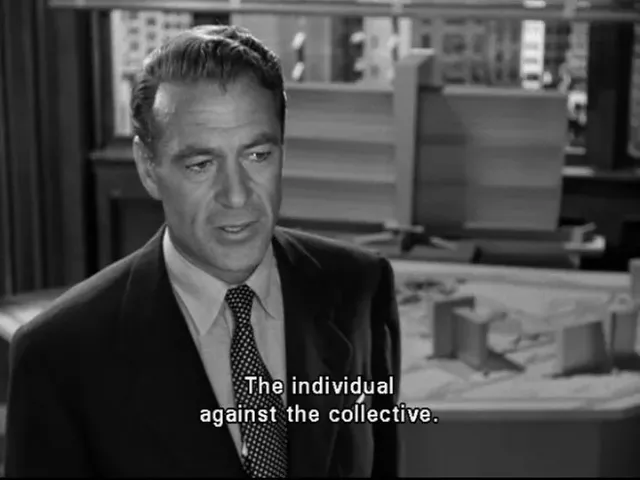In this essay, we will be exploring the parallel lives and philosophies of Jesus Christ and Howard Roark, two seemingly vastly different individuals. On the surface, Jesus is revered as the Son of God and the savior of humanity, while Roark is a fictional character and the embodiment of individualism in Ayn Rand's novel "The Fountainhead." But as we delve deeper, we will discover that both men possess striking similarities in their beliefs, struggles, and creations. This comparison will challenge our preconceived notions and open our minds to new perspectives on what it means to be a creator, a savior, and a human being. Join me as we traverse through the worlds of faith and reason, and discover the common threads that tie them together.
It is true that Jesus and Howard Roark may seem vastly different at first glance - one is a religious figure revered as the son of God, while the other is a fictional character who represents the ideals of individualism and self-creation. However, upon closer examination, it becomes clear that there are many similarities between the two.
First, both Jesus and Roark struggled against oppressive systems and institutions that sought to control and limit their individuality. Jesus faced persecution from the religious authorities of his time, while Roark faced opposition from the collectivist society in which he lived. Both men refused to compromise their beliefs and values, and stood firm in the face of adversity.


Second, both Jesus and Roark were creators in their own right. Jesus performed miracles and preached a message of love and compassion, while Roark designed and built innovative buildings that pushed the boundaries of architecture. Both men were driven by a passion for their work and a desire to leave a lasting impact on the world.
Third, both Jesus and Roark were deeply committed to their personal philosophies. Jesus believed in the power of love and forgiveness, while Roark believed in the power of the individual to shape his own reality. Both men lived their lives according to these principles and were unwavering in the face of opposition.
Despite these similarities, it is important to note that there are also significant differences between the two. Jesus was a religious figure who preached a message of salvation and redemption, while Roark was a secular figure who believed in the power of the individual to create his own destiny. Additionally, Jesus' message was rooted in spiritual beliefs, while Roark's philosophy was grounded in reason and logic.
Some objectivists may argue that Jesus and Roark are fundamentally incompatible, as Jesus' religious beliefs are seen as contradictory to the principles of objectivism. However, it is important to remember that Jesus' message of love and compassion can also be seen as a call for individuals to live their lives fully and authentically, in line with objectivist ideals. Furthermore, it is not necessary to subscribe to religious beliefs in order to understand and appreciate Jesus' message of love and compassion.
In conclusion, while Jesus and Howard Roark may seem vastly different, a closer examination reveals many similarities between the two. Both men were fiercely individualistic, deeply committed to their personal philosophies, and were creators in their own right. While their beliefs and methods may differ, the underlying message of both men is one of self-creation and self-actualization. It is important to remember that ultimately, every individual has the power to shape his own reality and create his own destiny.